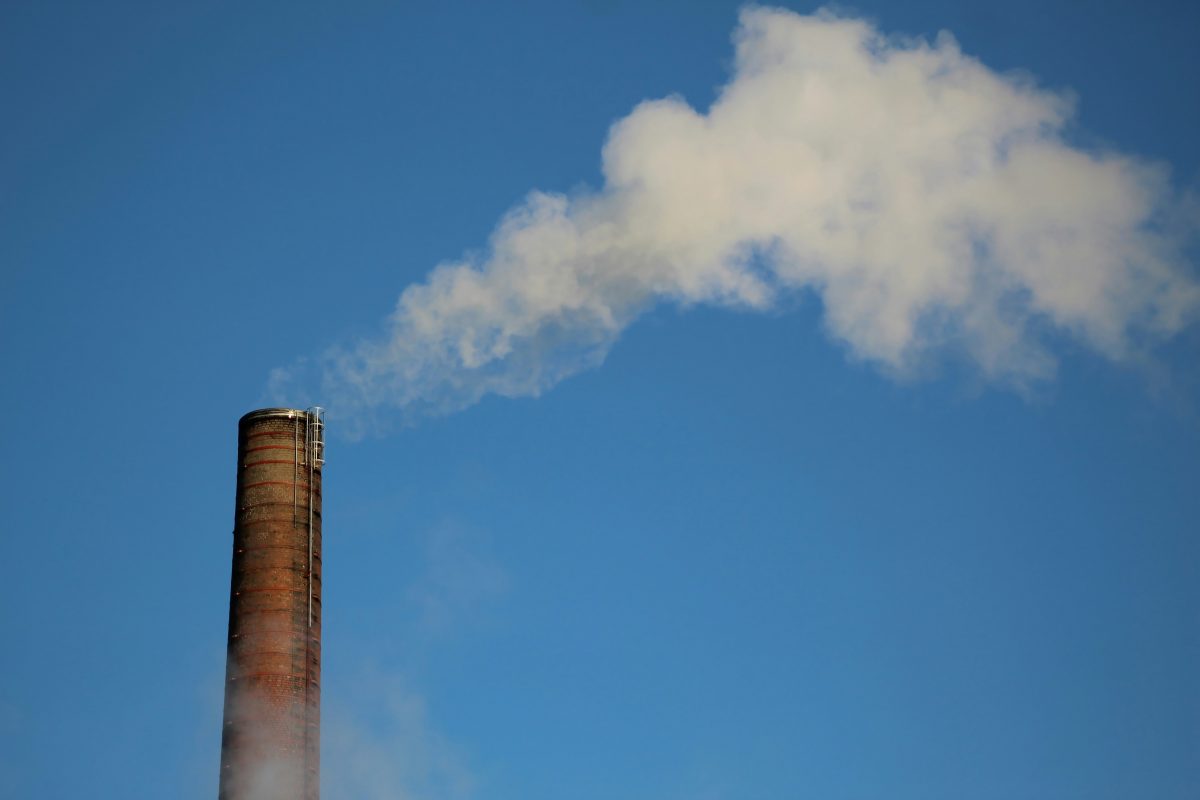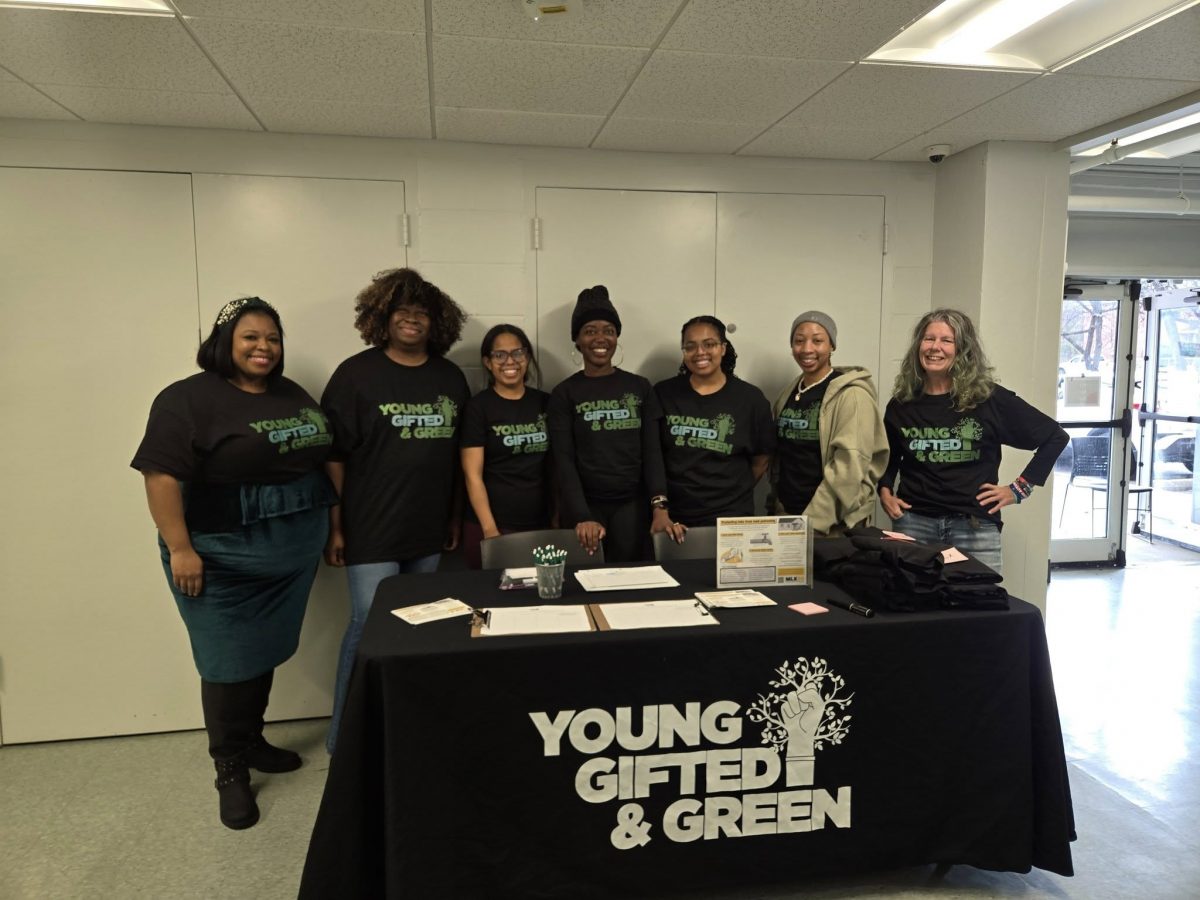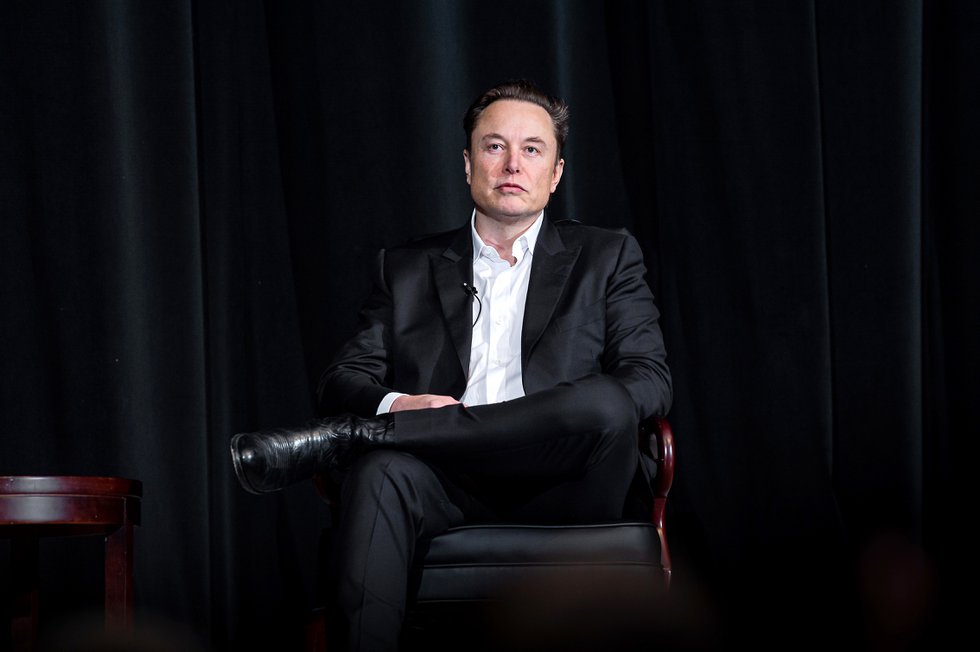City officials announced Wednesday that independent testing found no dangerous pollutants in Boxtown, Whitehaven, or Downtown. They said the tests were conducted because of community concerns regarding environmental conditions.
“The City doesn’t control air quality regulations, but we stepped up to find answers,” Mayor Paul Young said. “The initial results showed no dangerous levels of air pollutants at any of the tested sites.”
Testing was conducted by third-party vendor and lab EnSafe Inc./SGS Galson on June 13th and 16th. Testers were tasked with targeting pollutants benzene, toluene, formaldehyde, nitrogen dioxide, sulfur dioxide, carbon monoxide, and particulate matter.
The laboratory’s results, which the city called “definitive and reassuring,” found levels to be either “too low to detect” or “well below established safety thresholds.”
Memphis’ air quality and its effects on its citizens have long been a topic of controversy. Those issues have been further emphasized due to the xAI supercomputer facility located in South Memphis, an area many advocates say is disproportionately impacted by environmental racism.
Groups such as the Southern Environmental Law Center (SELC) have condemned xAI’s use of gas turbines. In a letter sent to xAI last week, the SELC notified the company of their intent to sue over the turbines on behalf of the National Association for the Advancement of Colored People (NAACP).
The letter noted the environmental impact of the data center, saying the turbines emit formaldehyde and other chemicals linked to respiratory diseases.
xAI issued a response to the city’s air quality testing results results: “xAI welcomes the independent third-party data showing no dangerous pollutant levels at test sites near our Memphis data center. We have built a world-class data center in Memphis and we couldn’t have done it without the support of the local community and its leaders.”
While xAI said the data is reassuring, the SELC called the analysis “flawed.”
“The city failed to measure ozone pollution — better known as smog — which we already know is a major problem in the Memphis area,” Southern Environmental Law Center (SELC) senior attorney Patrick Anderson said. “It’s unclear why the city would not test for this harmful pollutant. To say that Memphians face ‘no dangerous pollutant levels’ ignores existing data and is irresponsible.”
Anderson’s comments come weeks after the SELC urged the Environmental Protection Agency (EPA) to intervene regarding the city’s air quality standards. Memphis was recently named an “Asthma capital of the world.”
The American Lung Association also gave Shelby County an “F” for ozone pollution.
SELC attorneys said the petition was filed after noticing a lack of urgency from local governing authorities. The filing also mentioned that the operation of xAI’s gas turbines further complicates the issue.
The center stated that the city’s ozone concentration violates federal standards and that the problem is getting worse. It said that community members have voiced their concerns about xAI and how its turbines could be linked to “smog-forming pollution.”
Other environmental advocates such as Representative Justin J. Pearson criticized the city’s omission of ozone testing, which he called a “considerable factor in air pollution problems in Memphis.”
“We have an air pollution problem that is indisputable,” Pearson said. “We do not have time for political stunts and propaganda.” Pearson went on to say that the city’s findings are an extension of Young’s “unwavering support of xAI.”


